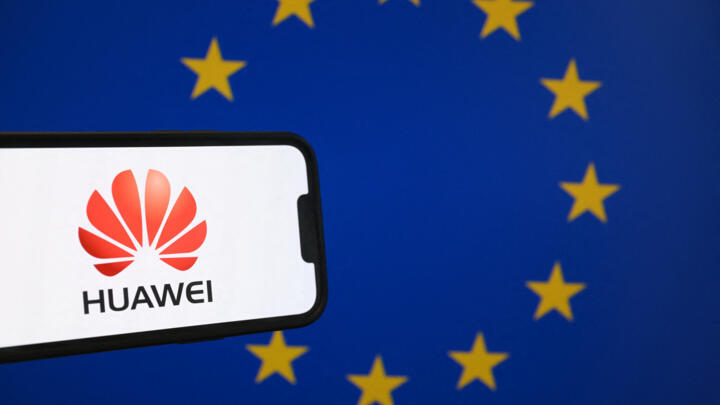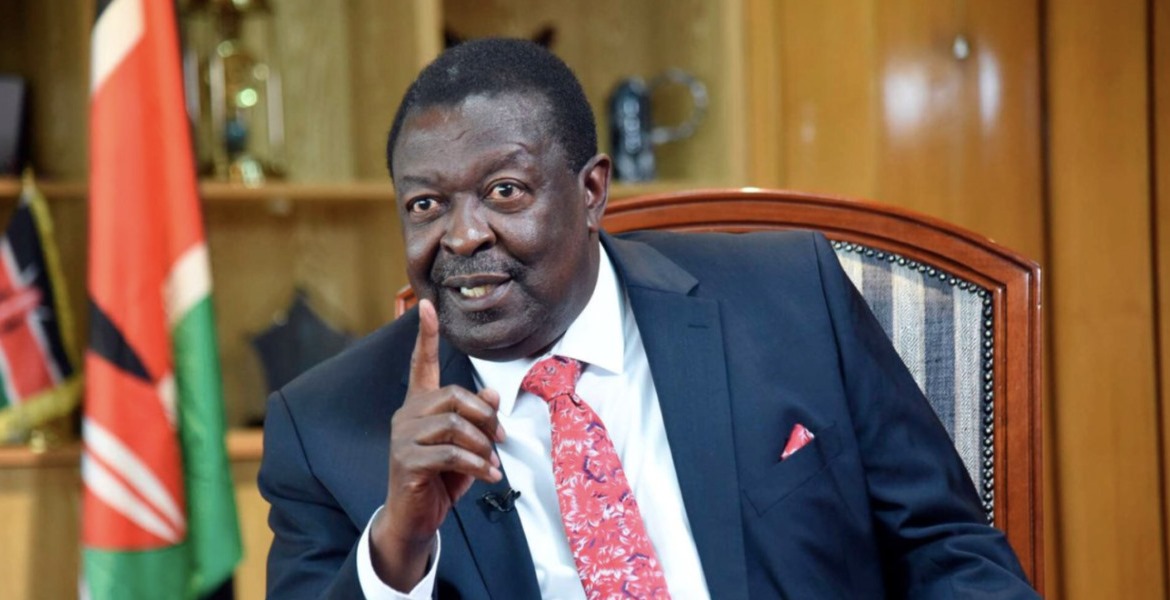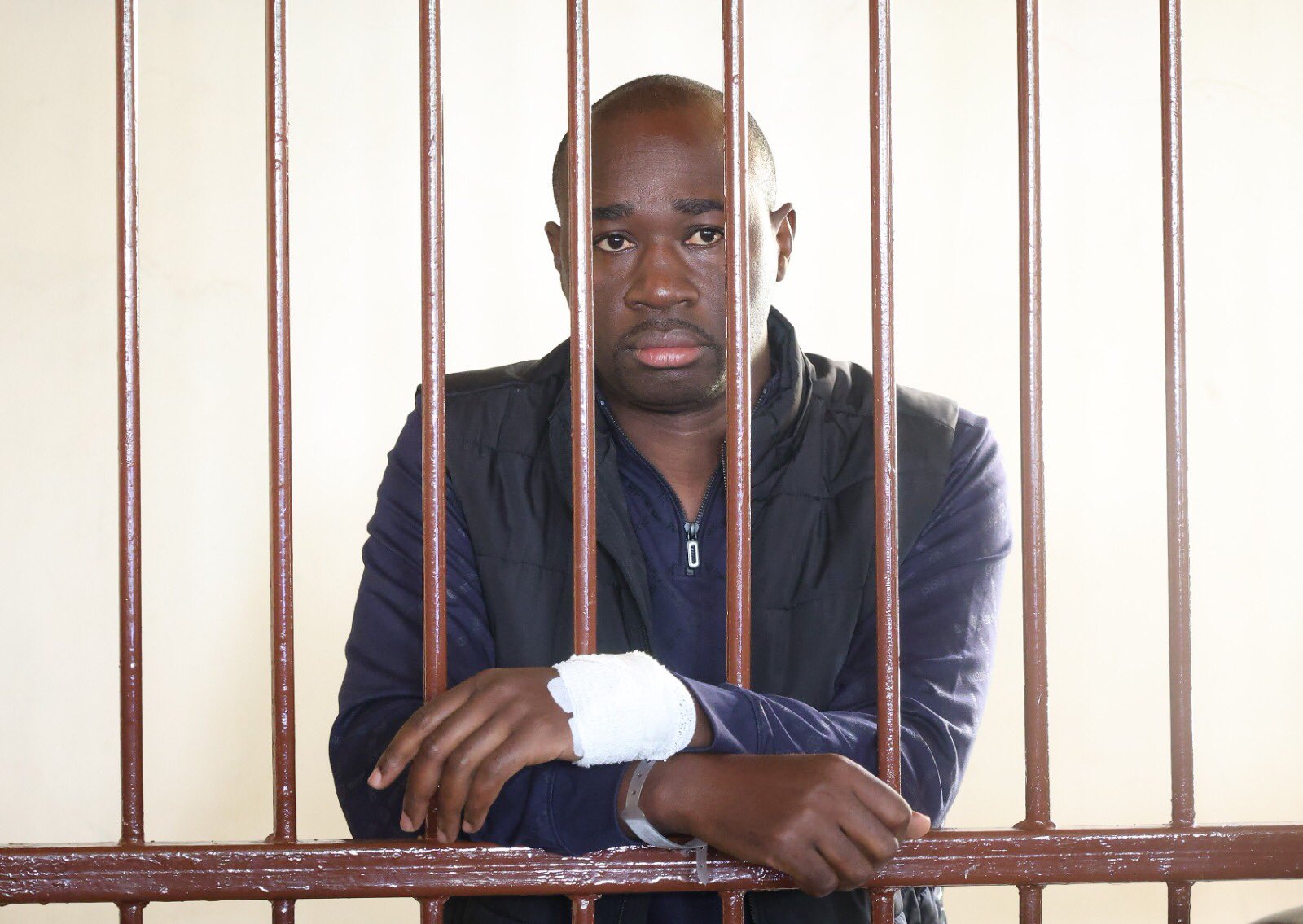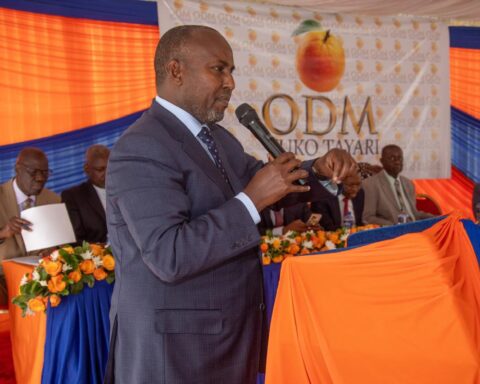When Italian lawmaker Giusi Princi received word in May that Belgian authorities were seeking to lift her parliamentary immunity over a corruption probe linked to Chinese tech giant Huawei, her reaction was one of utter disbelief. Princi, 52, a member of Silvio Berlusconi’s Forza Italia party, was allegedly involved in a lobbying dinner with Huawei representatives in Brussels in June 2023, a dinner she not only didn’t attend but couldn’t have attended.
As it turned out, the claim was not only false but shockingly misdirected. On the very evening in question, Princi wasn’t in Belgium. She was in southern Italy, attending her daughter’s school play, which was themed around Alice in Wonderland. At the time, she hadn’t even officially assumed her seat in the European Parliament.
Faced with an accusation that could shatter her political career, Princi gathered a 100-page dossier of evidence, complete with geo-tagged photographs of her daughter in costume, and retained legal counsel. Despite her efforts, the EU Parliament went public with her name on May 21, citing procedural requirements. A day later, in a humiliating reversal, Belgian prosecutors withdrew the request.
The incident has cast a shadow over the credibility of the Huawei investigation and spurred criticism of the Belgian judiciary’s role in handling high-stakes EU corruption probes. European Parliament President Roberta Metsola has since introduced reforms, requiring future immunity-lifting requests to include clear, substantiated allegations before any public disclosure is made.
The Princi debacle, while short-lived, has raised serious questions about prosecutorial diligence and the protection of lawmakers’ reputations. As scrutiny over EU institutional integrity grows, this episode serves as a stark reminder: even a single misstep can turn a school play into a political nightmare.









